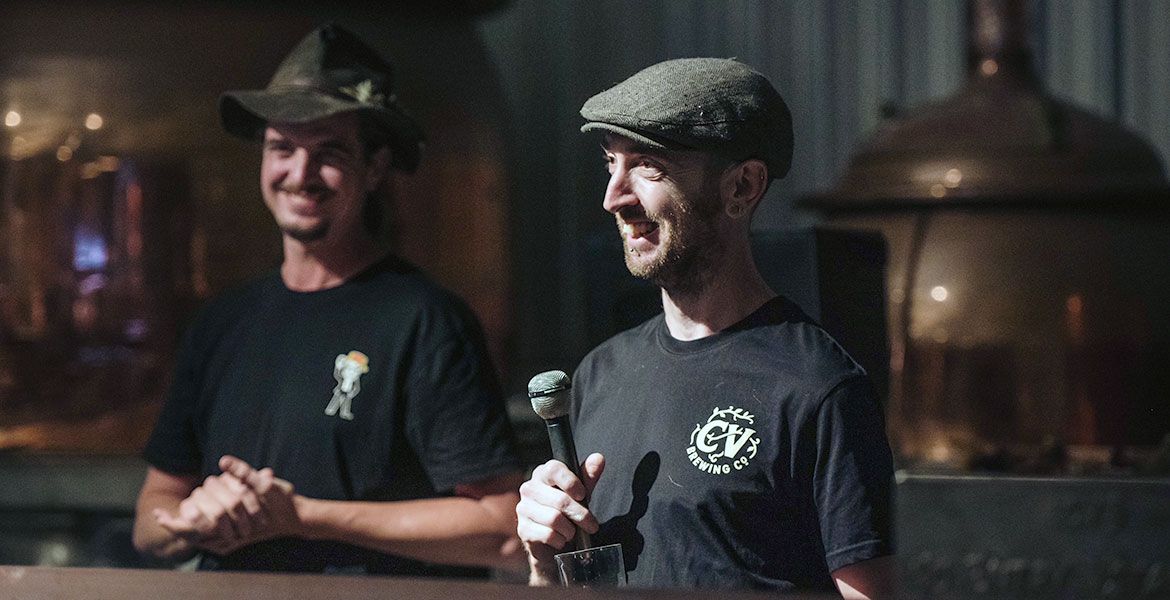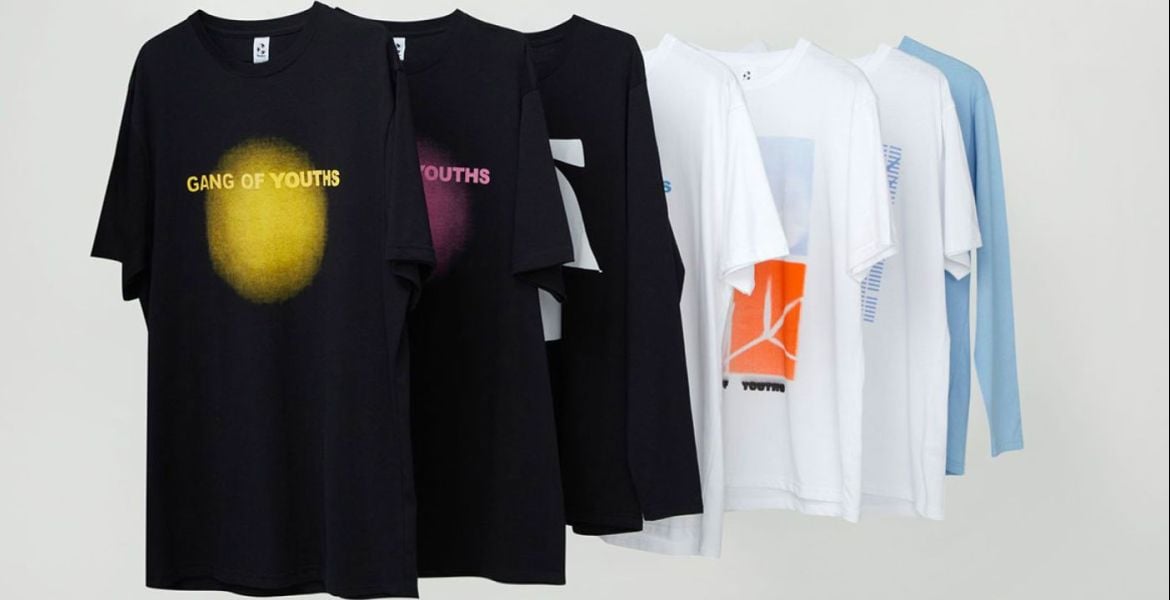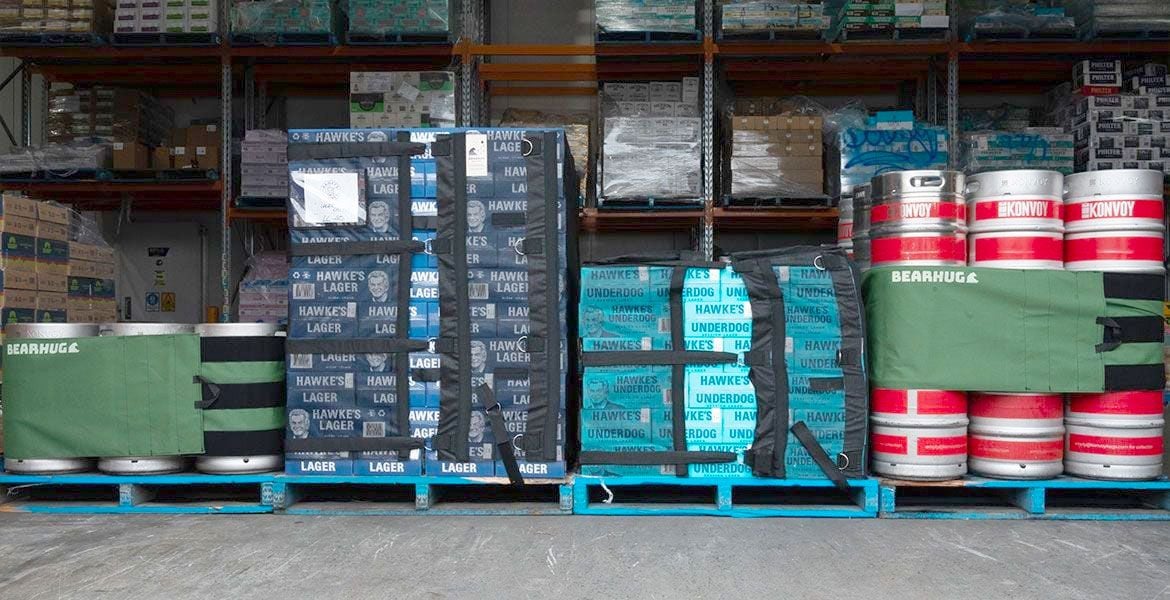Hydrogen; it’s handy stuff. It’s the most abundant element in the universe, puts the h in H²O (water, not the widely popular children’s television series about the trials and tribulations of teenagers who were also mermaids that aired on Ten between 2006 and 2010), can make fertiliser and has the potential to drastically reduce our reliance on fossil fuels.
Now a new Sydney-based tech startup, switcH2, aims to get breweries making full use of hydrogen by separating it from their wastewater and letting them heat, power or sell the stuff to brew more sustainable beer. The company’s origins stem from the University of New South Wales where founders Constantine Tsounis, Khushal Polepalle and Bijil Subhash all met while studying.
“We’re chemical engineers but we’re also beer enthusiasts so it’s something we’re really passionate about,” Constantine says.
Khusal started working at Deloitte after studying but the trio got back together when Constantine and Bijil saw the potential of their academic research.
“Bijil and I continued on with a PhD and we came across this really cool stuff and we really wanted to translate it into something that would be useful for industries,” Constantine says.
“We really want to produce low carbon beer and make addressing climate change and reducing greenhouse gas emission profitable.”
The crux of switcH2’s work is a novel process and system that will let breweries separate hydrogen from their wastewater onsite.
“You have a catalyst, which is a specifically designed material that we make in house,” Constantine says. “You pass an electric current through that catalyst and that catalyst specifically interactions or oxidises those organics selectively.”
In turn, that hydrogen can be used within the brewery or sold off elsewhere to recoup money from brewing, with Constantine suggesting there’s several ways a brewery could use that hydrogen in their brewery.
“Hydrogen is quite a versatile thing,” Constantine says. “So if we’re looking at breweries in particular, they can use that hydrogen to blend with natural gas for heating or they can also convert it back into electricity for renewables if there’s no sun.”
The process of electrolysis, where hydrogen is removed from water isn’t new, but Constantine says existing technology typically relies on pure water, which presents its own challenges.
“That’s really a scarce resource,” he says. “So, by using the wastewater you’re really repurposing something that you’d otherwise pay to be processed and converting that into an energy source.”
And it’s why – other than the fact they're beer fans – Constantine says they’ve focused their technology on brewing.
“Breweries produce quite a lot of wastewater and it costs quite a lot of money for breweries to process that,” Constantine says, while adding switcH2 can play a role in producing the cost of breweries managing wastewater.
“Because we break down some of that waste it means their downstream processes become a lot easier to run. They can run at milder conditions and breweries that are looking to go into larger scale production may be able to produce more beer using their same wastewater treatment because we’re sort of doing some of the work for them.”
While the use of hydrogen as a fuel source is fairly novel technology, he says there’s a lot of potential in using it to disrupt the economy’s reliance on fossil fuels. He adds that, as a rule, for every 20 litres of wastewater the switcH2 system can produce approximately one kilogram of hydrogen that contains 33 kilowatt hours of energy.
“In turn, that could brew the equivalent of up to 100 litres of beer in an efficiently designed brewery,” he says.
They expect the cost of switcH2’s system to start to pay back to breweries in four to six years, depending on how widely the hydrogen is used within brewing.
The trio's green credentials have found a notable backer, too, in Startmate, a sustainability focused accelerator that’s backed by Mike Cannon-Brooke’s Grok Ventures.
“They really had an alignment of visions with us in terms of where we saw us going and where they really want to point the direction of future energy use in Australia too,” Constantine says.
It’s not only Startmate that Constantine says switch2H are working closely with, with plans to have a pilot system operational in a brewery by the end of the year, though those details are under wraps for now.
“We’re looking towards implementing a pilot scale in a brewery later this year,” he says. "The technology is also modular, so they just have to stack on top how much they need for that brewery and it’s quite flexible.”
You can get in touch with the switcH2 team through their website.
For other entries in our Going Green series, head here. If you run or know of a project suitable for our Going Green series, get in touch.




















